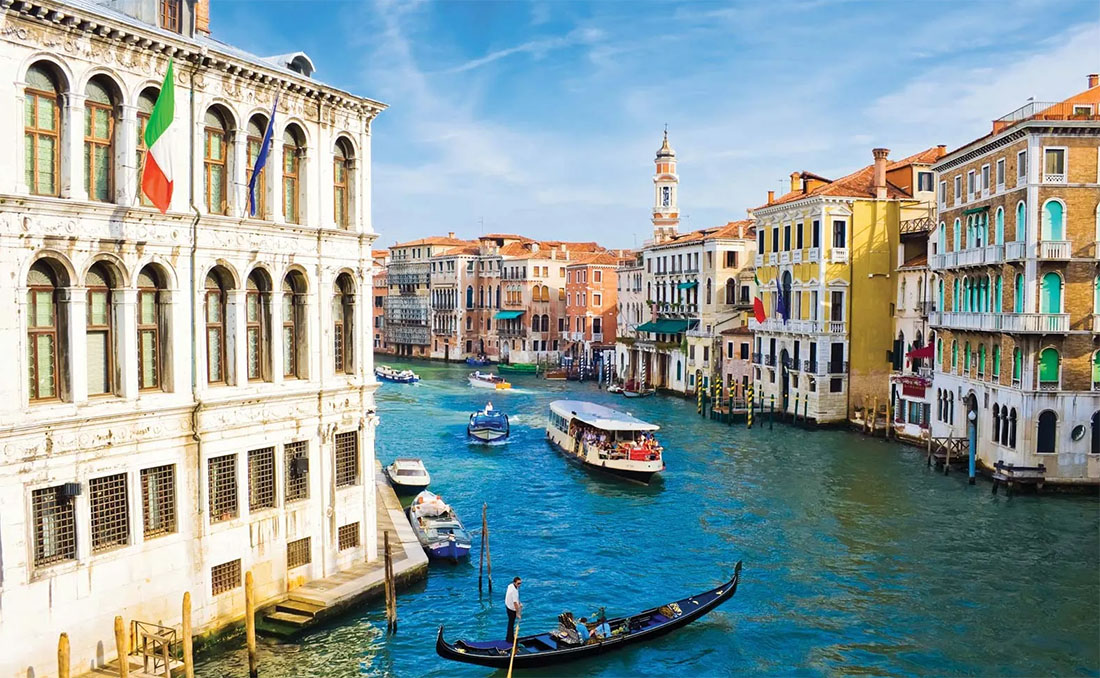
Photo Credit: Getty Images
In a continued effort to tackle overcrowding, Venice has announced plans to increase the number of days on which it charges an entry fee for tourists. Starting in 2025, tourists visiting on specific days between April and July will be required to pay €5 ($5.41) if booked in advance or €10 for last-minute bookings. The city's mayor, Luigi Brugnaro, emphasized that this fee aims to discourage excessive visits on particular days and ensure that Venice receives the respect it deserves.
The initial fee system, introduced in April 2024, spanned 29 days and raised an estimated €2.4 million in just three months. Encouraged by this success, Venice will now charge the fee every Friday, Saturday, Sunday, and on public holidays from April 18 to July 27, covering 54 days in total. Day visitors aged 14 and above must pay via phone to receive a QR code, which can be randomly checked by inspectors upon entry. Violators without proof of payment could face fines. Exemptions apply to guests with hotel bookings, residents of the Veneto region, students, and those visiting relatives within Venice.
This initiative has been met with mixed responses. Venice councillor Simone Venturini praised the city for taking early steps to address overtourism on a global stage. However, opposition councillor Giovanni Andrea Martini argued the measure had limited success in dispersing crowds, labeling it a "failure." Martini warned that increasing fees may transform Venice into "a museum" rather than a lively city.
As climate change and mass tourism threaten to erode Venice's historic charm, city officials view entry fees as a proactive step toward preserving its legacy. UNESCO has raised concerns about Venice's future, citing potential irreversible impacts from high tourist numbers. Environmentalists have also expressed worry over Venice's fragile foundations, further complicated by pollution from cruise ships—now banned from entering Venice's historic center.
This effort to protect Venice is part of a broader mission to manage tourism responsibly, aiming to safeguard its heritage for future generations.
















